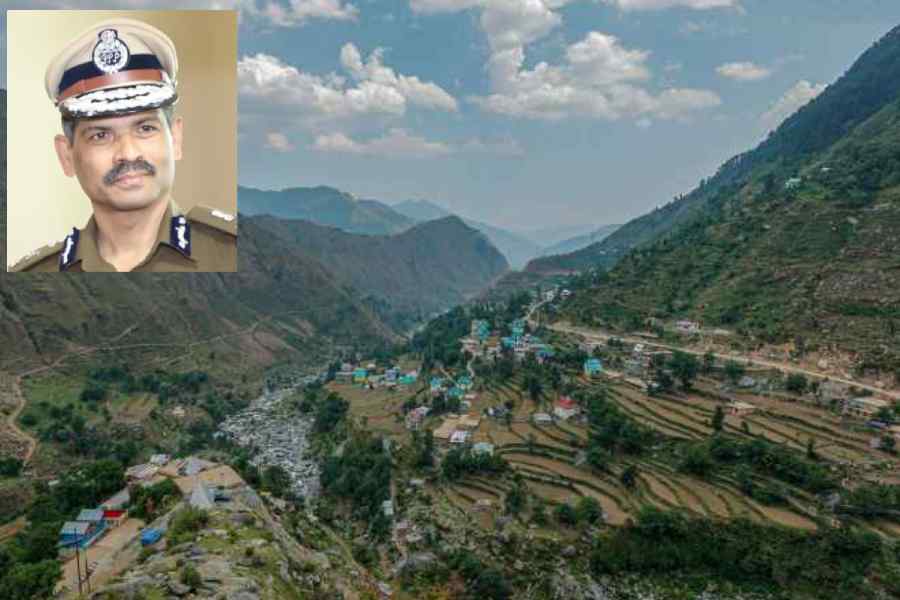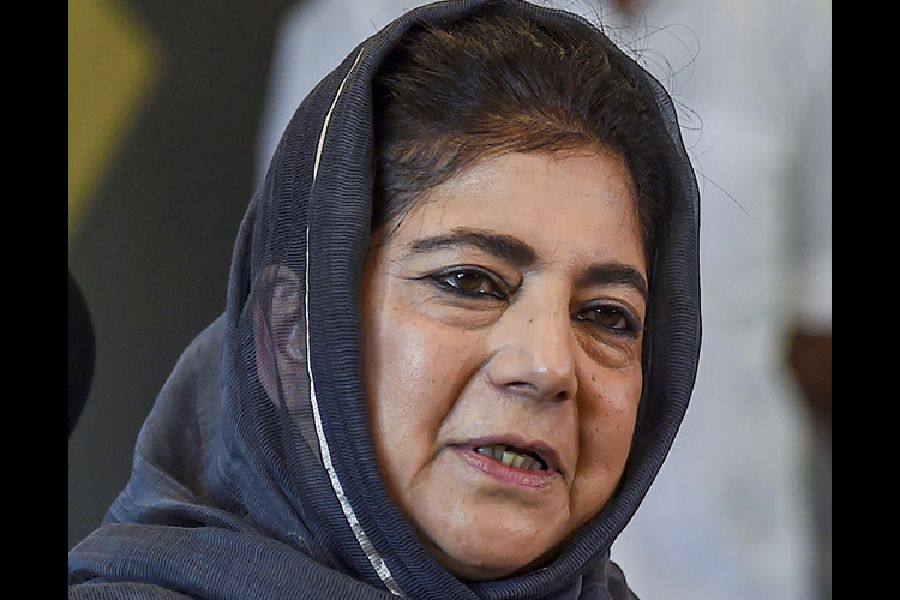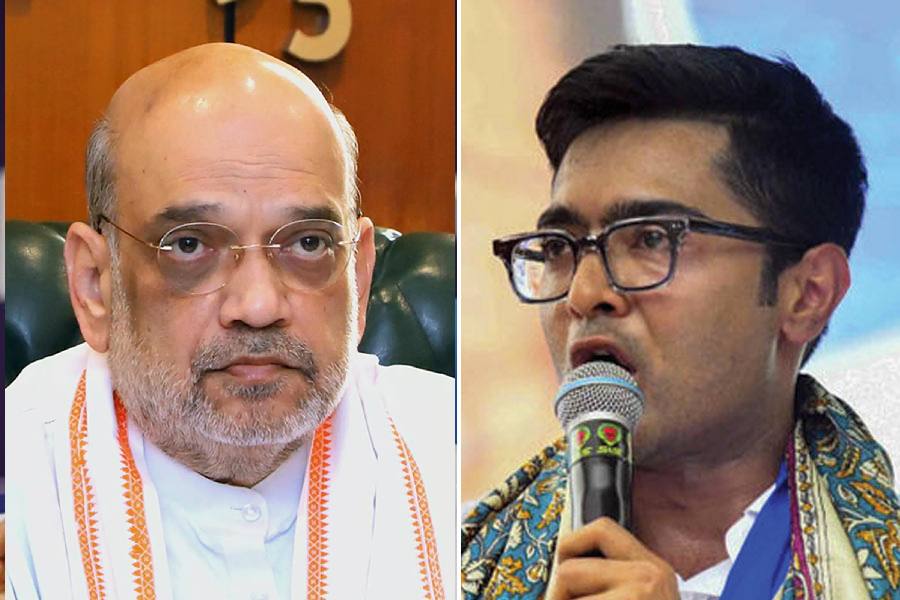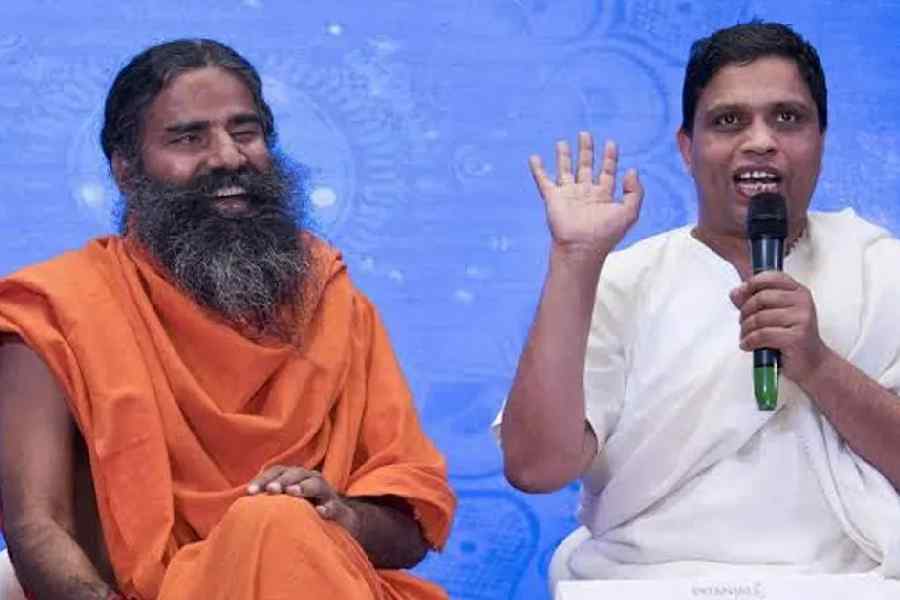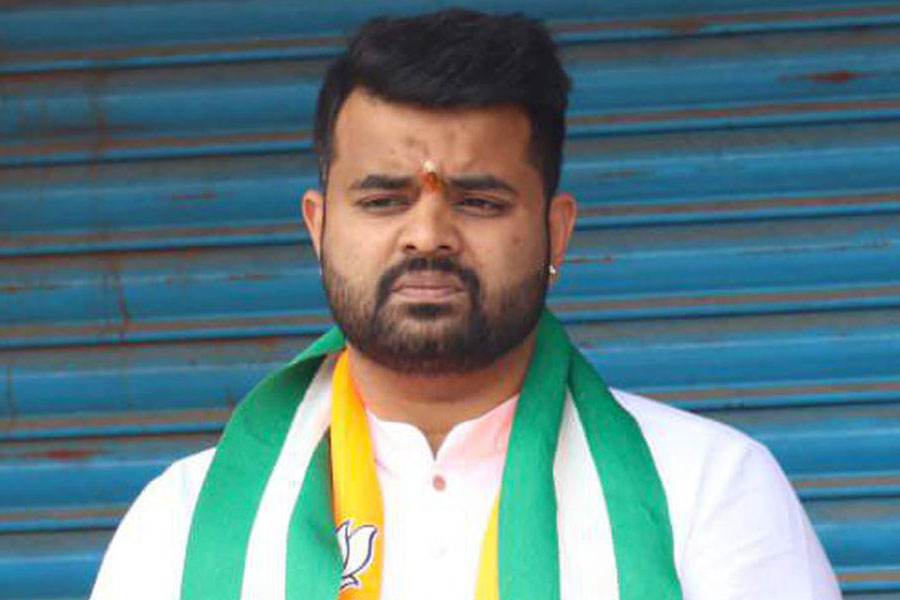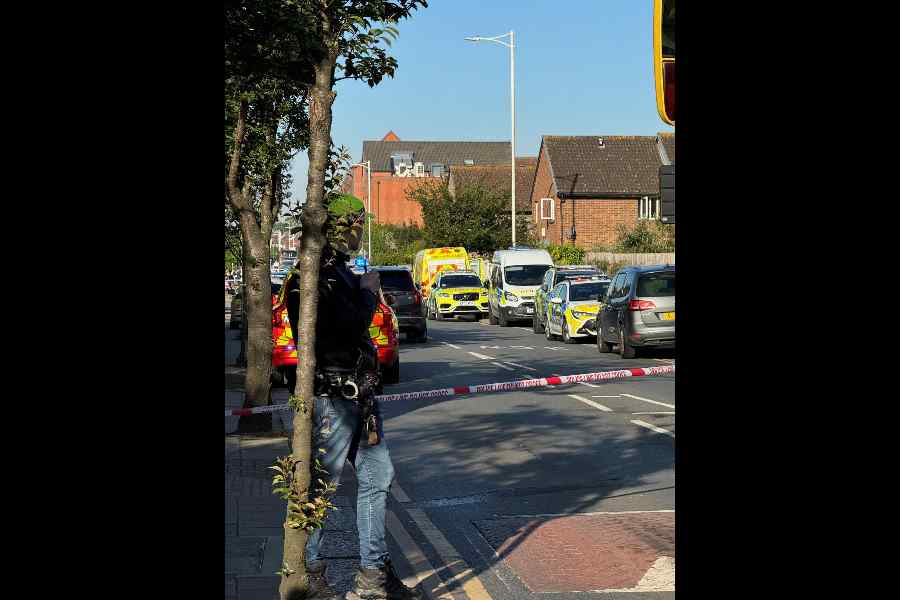Jammu and Kashmir’s director-general of police (DGP) Rashmi Ranjan Swain on Monday said the war against militancy was not fully over and that the forces were ready to suffer casualties until the other side accepted the futility of its cause.
The new police chief’s assessment appeared to contrast with the cheery views of his predecessor and the BJP ecosystem as well as his own pledge on November 4 when he said that "beginning this winter", the killing or loss of "any of our colleagues or common citizens" would not be allowed.
Swain, who took over as DGP on October 31, had promised a tougher anti-militancy campaign and vowed to create conditions where nobody supported Pakistan-backed militancy here.
The DGP's fresh assessment comes at a time militancy continues to take a toll on the security personnel in Jammu and Kashmir.
Two army captains and three soldiers — four of them from the elite 9 Para special forces — were killed in a gunfight with militants in Rajouri, Jammu, last week. In the same operation, two militants, including Quari, a top Lashkar-e-Toiba commander trained in Afghanistan, were also gunned down.
“This war has not ended fully," Swain told reporters outside a gurdwara in Srinagar, where he had gone to pay obeisance on the occasion of Gurpurab.
Swain added: “The war will end when one side accepts there is no benefit in it and that it will not take them anywhere other than the bloodshed. Till that time, as far as our fight is concerned, it is true there will be losses. We will bear these losses and march on. We cannot back down from this war.
“But what we can do is ensure minimum losses to civilians. We will try to minimise the losses of the fighting force (security forces) but if there is a challenge that we have to take losses while moving forward, we will not back out.”
Top government functionaries at the Centre have been trying to project an all-is-well narrative, with some asserting a long time ago that militancy was in its last phase.
Swain’s predecessor Dilbag Singh had said shortly before his retirement that the number of active militants in Jammu and Kashmir had been reduced to a two-digit number and that these remaining ones would be neutralised soon.
During another speech, he had said that Jammu and Kashmir was coming out of the “dark era of terrorism” whose graph “has come down and flattened”.
Since the beginning of 2017, Union minister Jitendra Singh, who is an MP from Rajouri, has been claiming that militancy is on its last leg and that the Centre is looking to “retrieve that part of Jammu and Kashmir which is under the occupation of Pakistan”.
While the government continues to battle militancy in the Valley, it is facing a bigger challenge in Jammu’s Pir Panjal region, which includes Rajouri and Poonch and has witnessed a revival of militancy after nearly two decades.
Militants killed 10 civilians and 15 security force personnel in five major incidents in the region this year.

